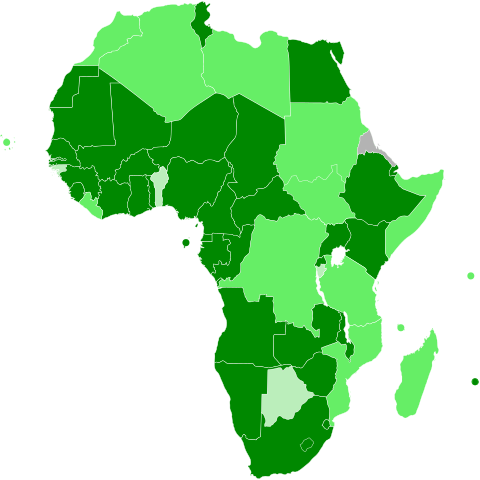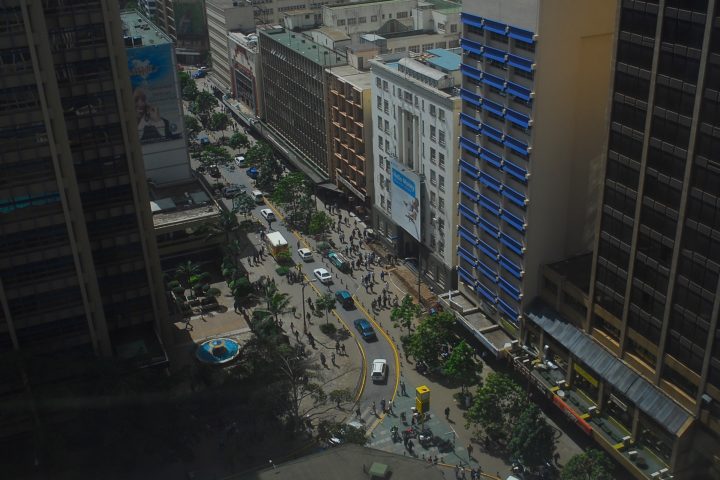Mutoy Mubiala, Official at the Office of the High Commissioner for Human Rights, Geneva; visiting professor at the International Institute of Human Rights (Strasbourg) and at the Ecole nationale d’administration (Paris). The views expressed in this column are personal and do not bind the United Nations.
After contributing to the development of international criminal justice, in particular the establishment and operationalization of the International Criminal Court (ICC), Africa is gradually developing regional criminal justice mechanisms. In this context, it is worth mentioning, on the one hand, the establishment of the African Extraordinary Chambers within the Senegalese judicial system to prosecute and try the alleged perpetrators of international crimes committed in Chad between June 7, 1982 and December 1, 1990, a period corresponding to the regime of former President Hissène Habré and, on the other hand, the recent establishment of an International Criminal Law Section (IPLS) within the future African Court of Justice and Human and Peoples Rights.The purpose of this article is to examine the context of the emergence of African criminal justice, to make a preliminary commentary on the Protocol on Amendments to the Protocol on the Statute of the African Court of Justice and Human and Peoples’ Rights (hereinafter: Malabo Protocol) and to assess its implications, on the one hand, on the implementation of the Rome Statute of the ICC in Africa and, on the other hand, on the configuration and functioning of the African Court on Human and Peoples’ Rights.
Read the whole article.



